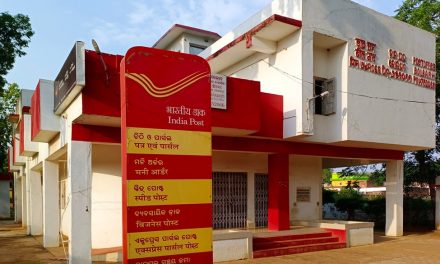
Postal employees plan strike from April 24
The Joint Action Council (JAC) of recognised postal employees organisations, affiliated to the National Federation of Postal Employees (NFPE) and the Federation of National Postal Organisations (FNPO), has decided to call for an indefinite strike from April 24 to press its demands.
Talking to reporters here on Sunday, K. Raghavendran, national working president of the All-India Postal Employees Union P3 and V. Parthiban, Tamil Nadu circle secretary, said the demands included the constitution of a judicial committee to go into the working conditions and demands of the Gramin Dak Sevaks or rural postal employees and dropping of the move to close down post offices and privatise and out-source services.
Mr. Raghavendran said the Centre had announced the closure of 40 out of the 48 Railway Mail Service offices in Tamil Nadu. Only three in Chennai and five in the rest of the State would be retained. Under a new norm, those RMS offices handling less than 10,000 letters a day were to be closed down. This move, he claimed, would render many employees surplus, besides imposing a heavy workload on the staff members. Furthermore, the Centre had issued orders for opening 100 private post offices on a franchisee basis.
The JAC also opposed the Planning Commission’s announcement that no subsidy would be given to the Postal Department in the main budget from April 1, 2008.
Mr. Raghavendran alleged that the Centre was trying to project the department as loss-making on the grounds that the pension, amounting to Rs.1, 200 crore, was being paid from the department’s earnings, and that the department was, therefore, justified in closing down post offices to cut the expenditure.
While the pension for all other Central Government employees, including railway employees, was being paid from the Government’s Consolidated Fund, it was only in the case of the Postal Department that the pension was being drawn from the department fund. If the postal pensioners were also paid from the Consolidated Fund, the department could save Rs.1, 200 crore every year.
While on the one hand, the Government was saying that the Postal Department should stand on its own, on the other it was opening private post offices.
Being a member of the Universal Postal Union, the Postal Department was obligated to spend a considerable sum on providing postal service, at an affordable cost, in rural areas.













